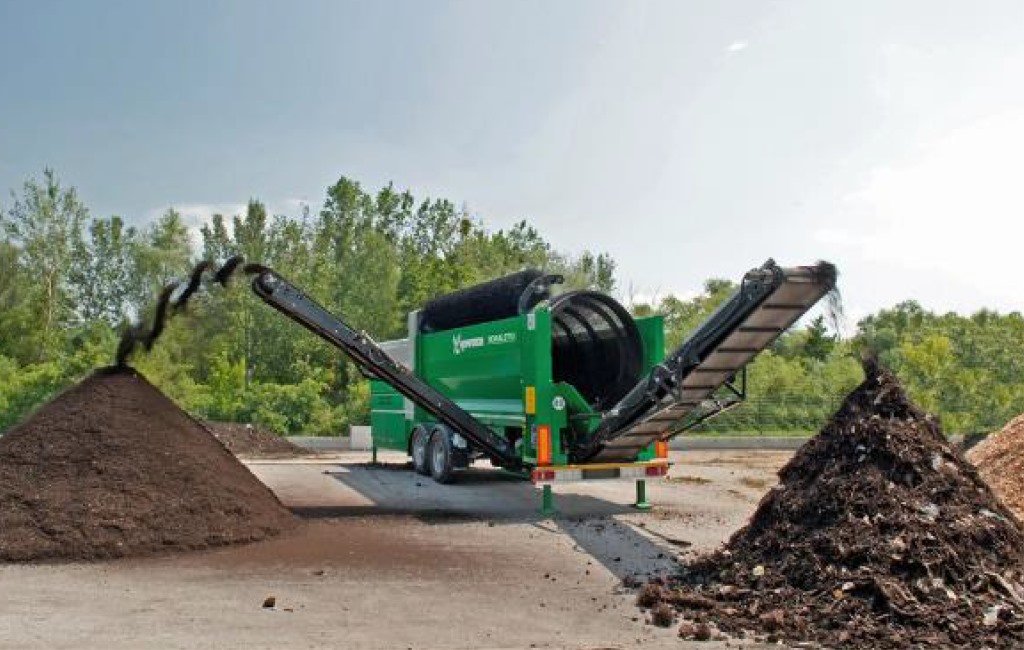Biowaste sector’s position paper highlights measures that support plastics-free composts & digestate
The Renewable Energy Association has worked with the Anaerobic Digestion and Bioresources Association (ADBA) to develop a position paper on keeping plastics out of digestates and composts.
This information resource covers issues relevant to plastics and biodegradable waste materials supplied for composting or anaerobic digestion treatment. It includes steps that operators, local authorities and the packaging industry can take to help achieve our aim of achieving plastics-free composts and digestates.
The initiative is part of the Food Waste Recycling Action Programme (FWRAP) and supports the circularity and value of biodegradable materials in our economy.
Every year 300 million tonnes of new plastic are produced. Many plastics are durable and can take 600 years to break down. Reducing plastic waste will play a key role in the move to a more circular economy.
Jeremy Jacobs, Technical Director, Renewable Energy Association, said:
“There is an urgent need to tackle plastic pollution in our soils, rivers and seas. Plastics pollution has gained considerable attention in recent months, which is welcomed by the biowaste sector. As an industry we are committed to producing digestates and composts of the highest quality.
“We and ADBA have published this joint position to improve awareness and understanding of good practices that help the biowaste sector to produce plastic-free composts and digestates. We would like to see more local authorities communicating – via whichever channels are most effective – what can be put in their food, garden or food and garden waste bins.
“Waste collection contracts are the first link in the chain. With so many local authorities ones coming up for renewal in the next few years it’s important that those covering biodegradable waste composting and digestion specify the type of bin liner allowed, acceptable level of contaminants, financial penalties, and the right of the facility operator to reject any doubtful delivery.
“There are now more initiatives and stakeholders focussing on which plastic types we should aim to stop using and how we should reduce plastics use, simplify packaging, and recycle more plastics. The REA welcomes this and calls for collaboration so the biowaste sector achieves its aim of plastics-free composts and digestates.”
The position paper is downloadable from http://www.organics-recycling.org.uk/page.php?article=3463
—ENDS—
About the Renewable Energy Association (REA)
The Renewable Energy Association represents renewable energy producers and promotes the use of all forms of renewable energy in the UK across power, heat, transport and recycling. It is the largest renewable energy and clean technology (including energy storage and electric vehicles) trade association in the UK, with around 550 members, ranging from major multinationals to sole traders.
For more information, visit: www.r-e-a.net

